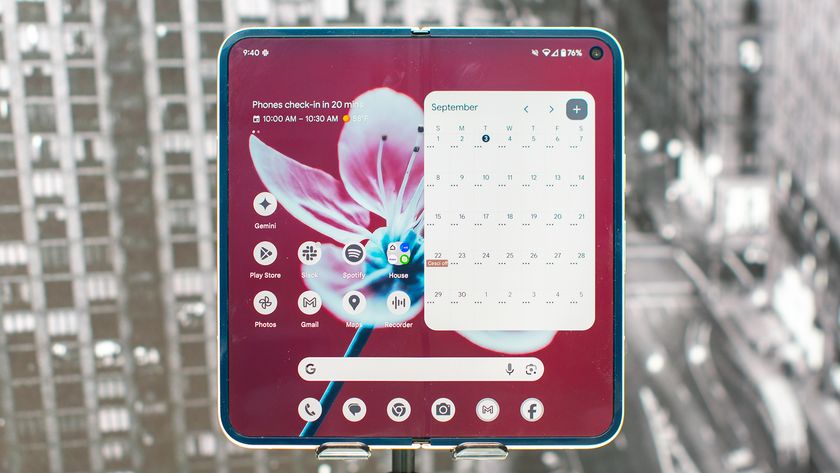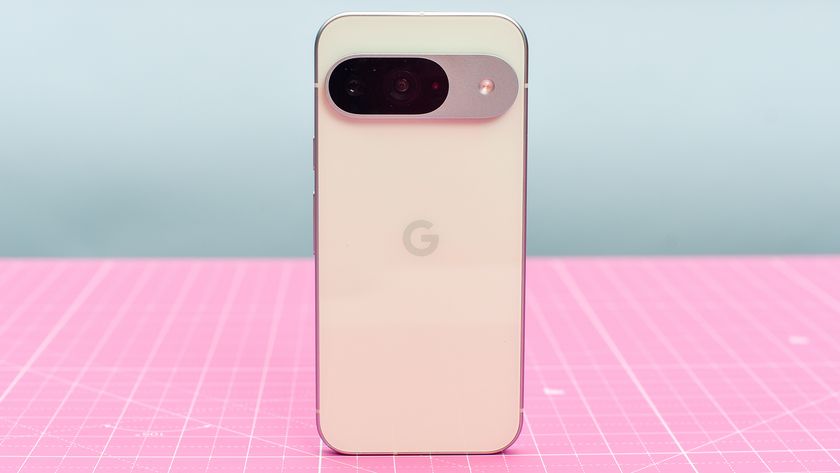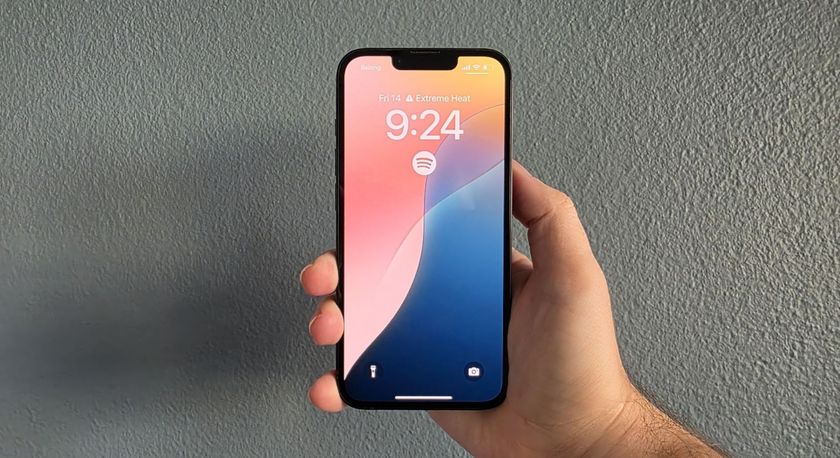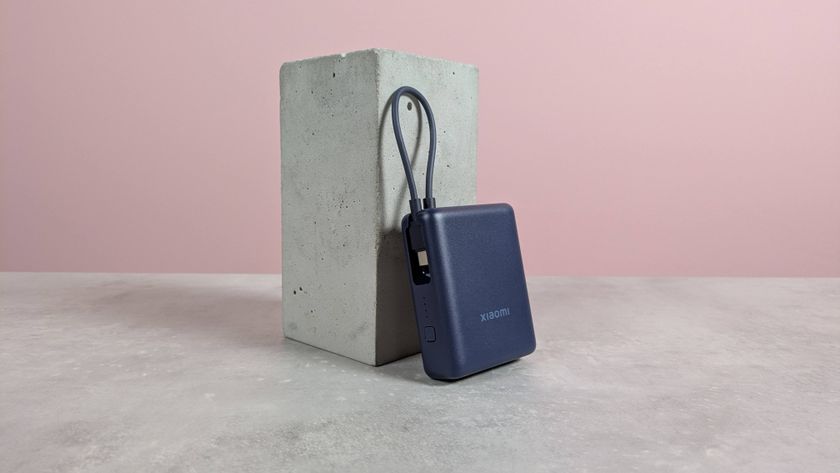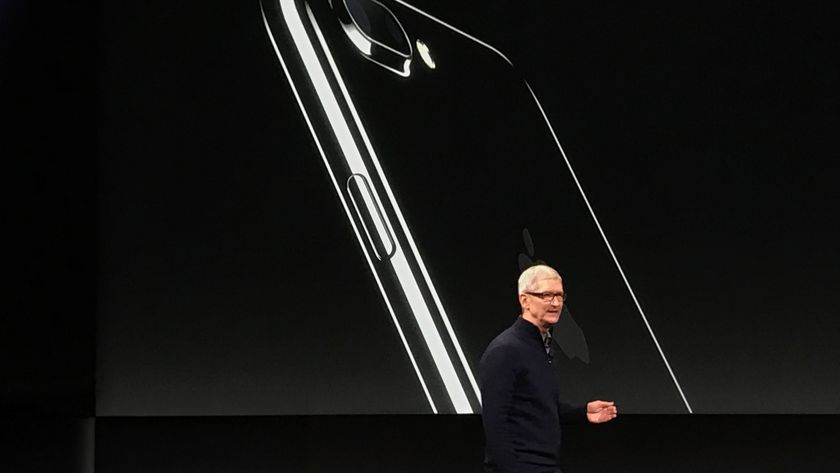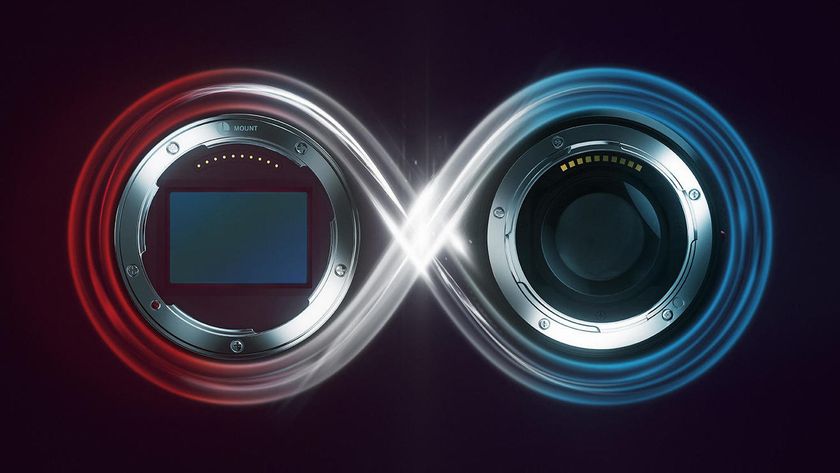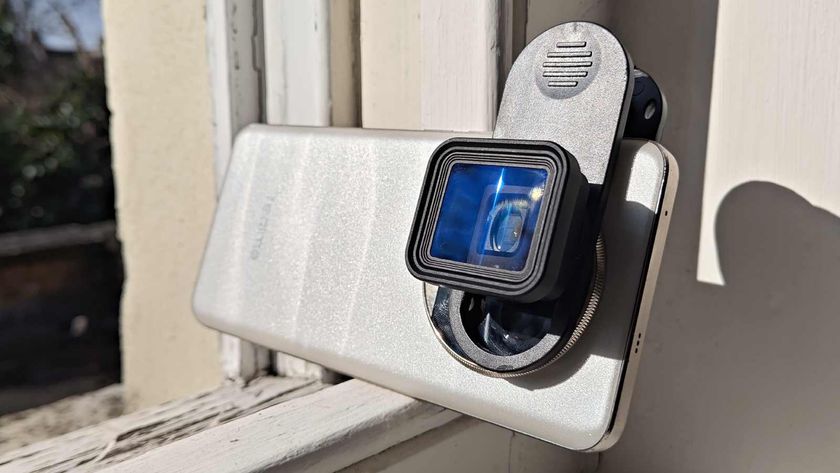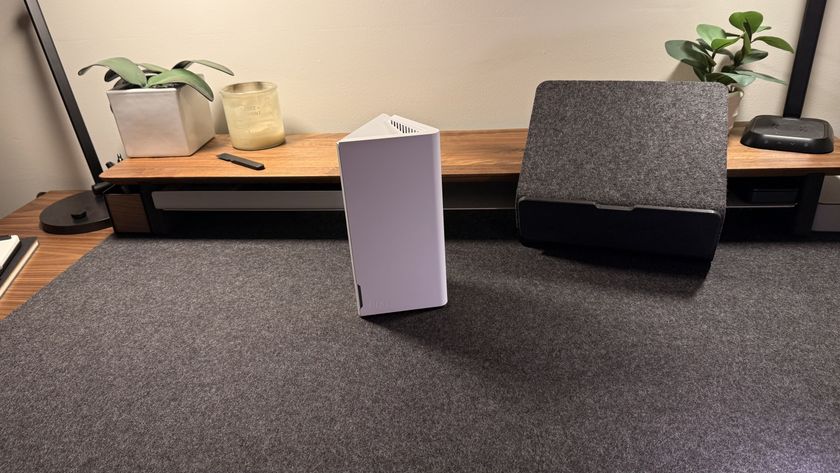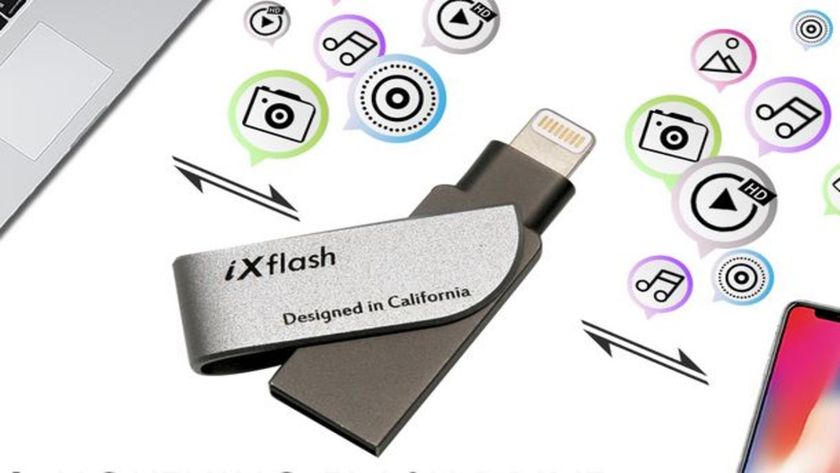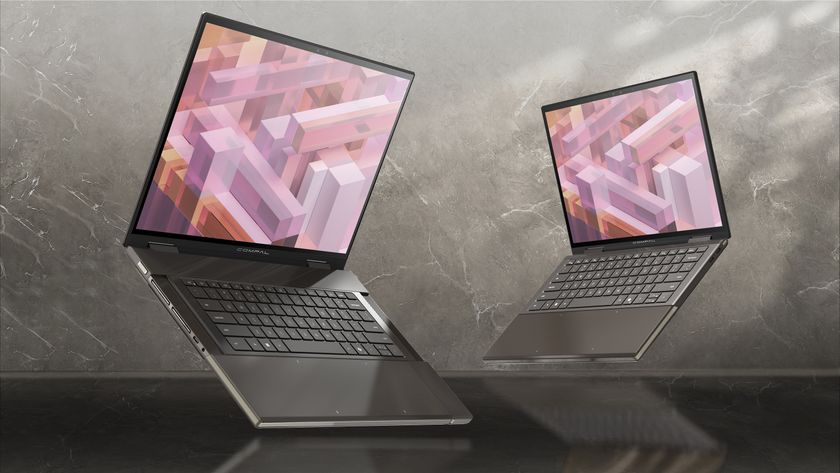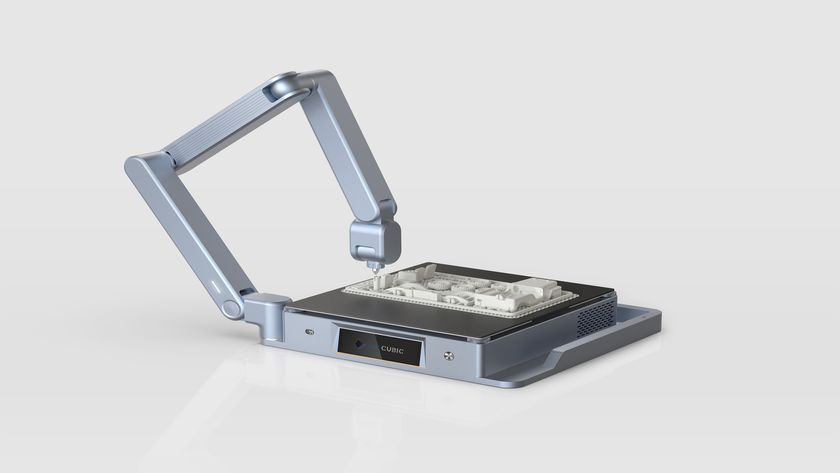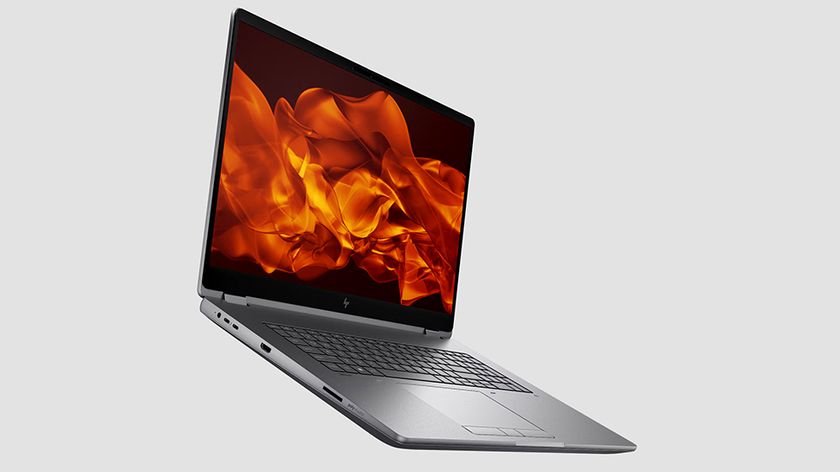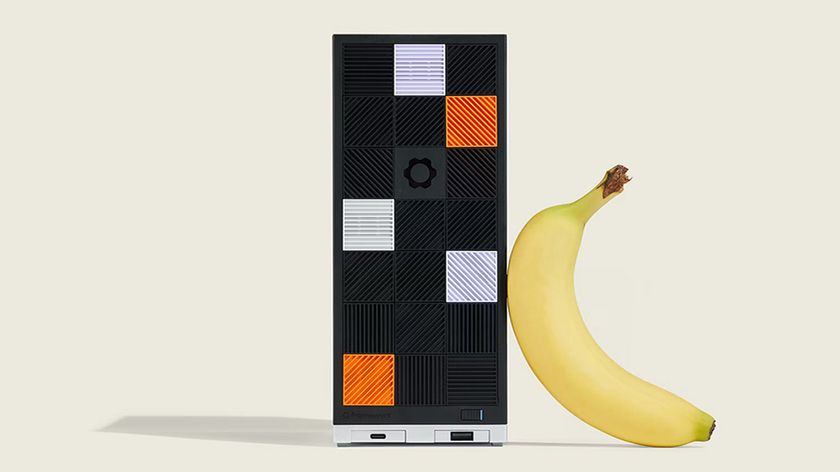Project Ara did survive drop test after all
Still developing a new, better solution though

Update: Project Ara took to Twitter AGAIN August 20 to say it was just kidding about failed drop tests, calling the hashtag "a joke."
"Didn't fail," the tweet continued. "We have been configuring a new solution. It's better too. #WorkingOnOurHumor."
A new solution sounds promising, but remember, careful what you tweet.
Original story below...
Project Ara, Google's modular phone project, was delayed to 2016 a few days ago, and now another change is afoot with the ground-breaking hardware.
A cryptic tweet sent from the @ProjectAra Twitter account today read: "No more electropermanent magnets. #ProjectAra #FailedTheDropTest."
Electropermanent magnets were intended to hold the various modules that comprise a Project Ara phone in place, but it sounds like the attraction wasn't strong enough to keep the components from scattering after a fall.
Get daily insight, inspiration and deals in your inbox
Sign up for breaking news, reviews, opinion, top tech deals, and more.
When the team initially announced it was delaying Project Ara's release into next year, it cited "lot of iterations ... more than we thought" as the reason behind the delay. Now, it sounds like unreliable magnets are the culprit responsible for Project Ara's push back (Update: Not).
So what's the plan to hold the phone's components in place going forward?
"We are testing a signature experience to attach/detach modules. #ProjectAra #HopeYouLikeIt," @ProjectAra tweeted.
It was also revealed on Twitter yesterday that in order to give users more room for more modules, Project Ara will group the core functions together to create more space.
Michelle was previously a news editor at TechRadar, leading consumer tech news and reviews. Michelle is now a Content Strategist at Facebook. A versatile, highly effective content writer and skilled editor with a keen eye for detail, Michelle is a collaborative problem solver and covered everything from smartwatches and microprocessors to VR and self-driving cars.
